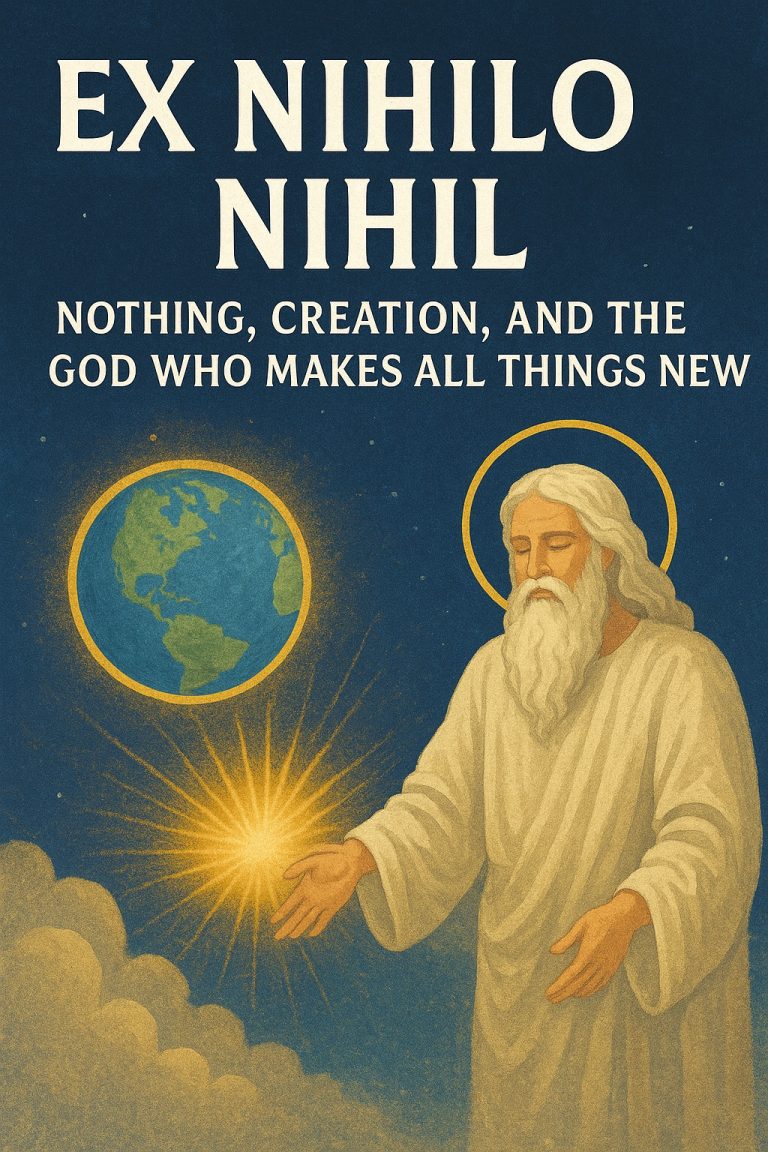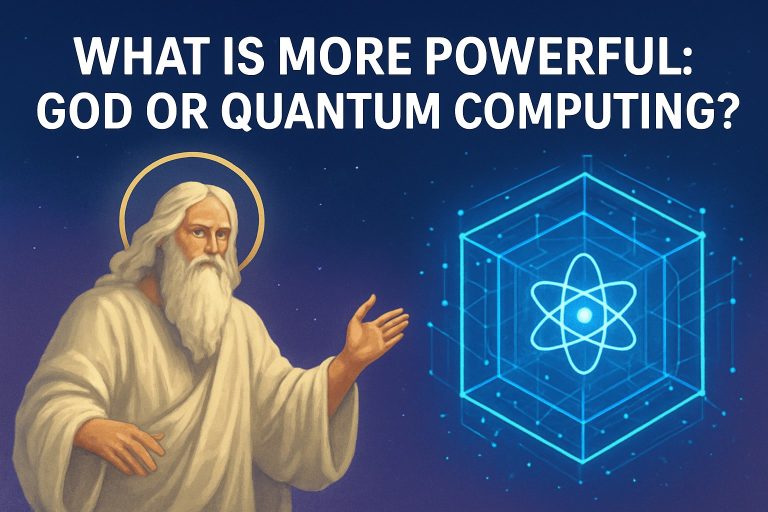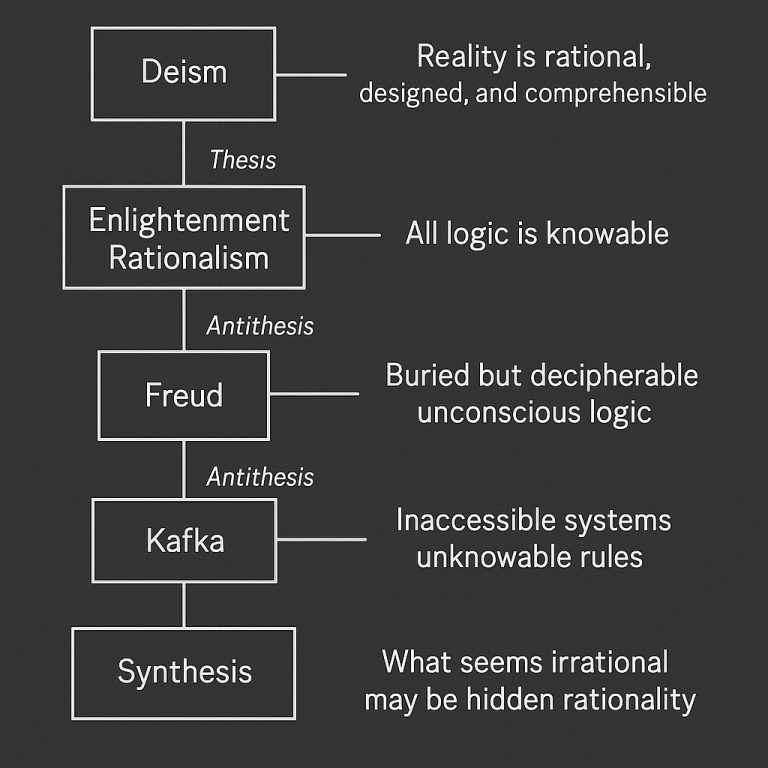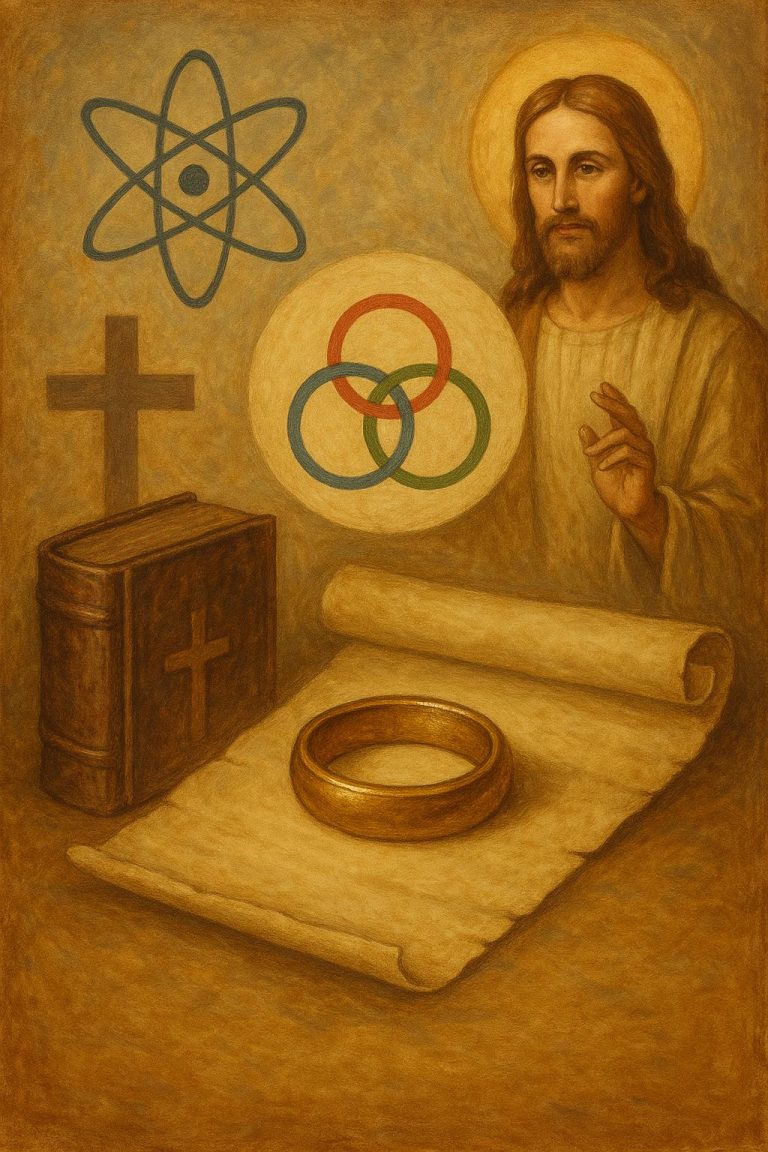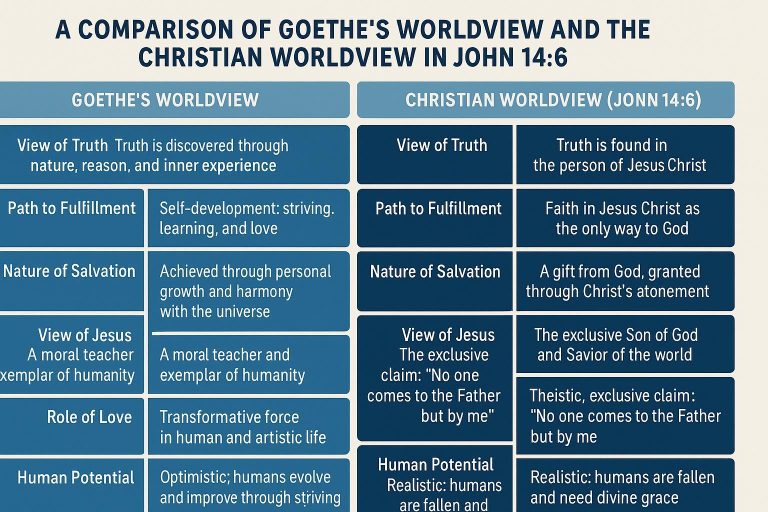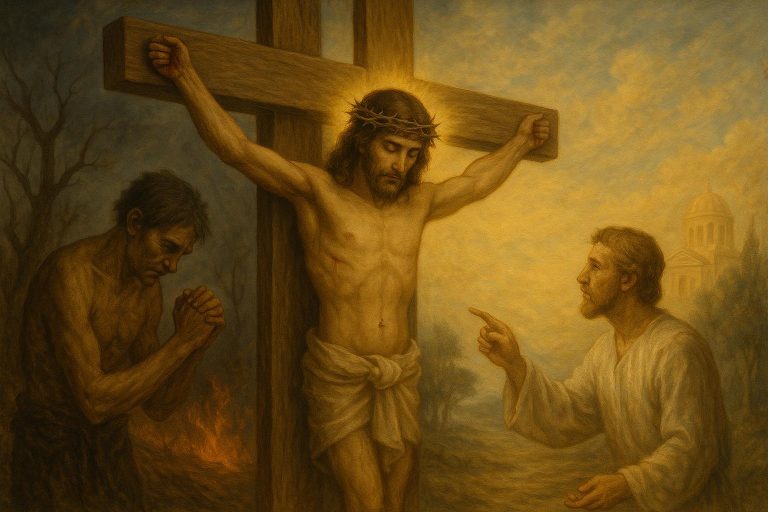Ex Nihilo Nihil: Nothing, Creation, and the God Who Makes All Things New
Introduction The ancient axiom ex nihilo nihil fit—”from nothing, nothing comes”—stands as one of the most enduring principles in the history of Western thought. First articulated by Parmenides and later refined by Lucretius, Aristotle, and countless others, this principle asserts that being cannot emerge from non-being, that every effect requires a cause, that the universe…

